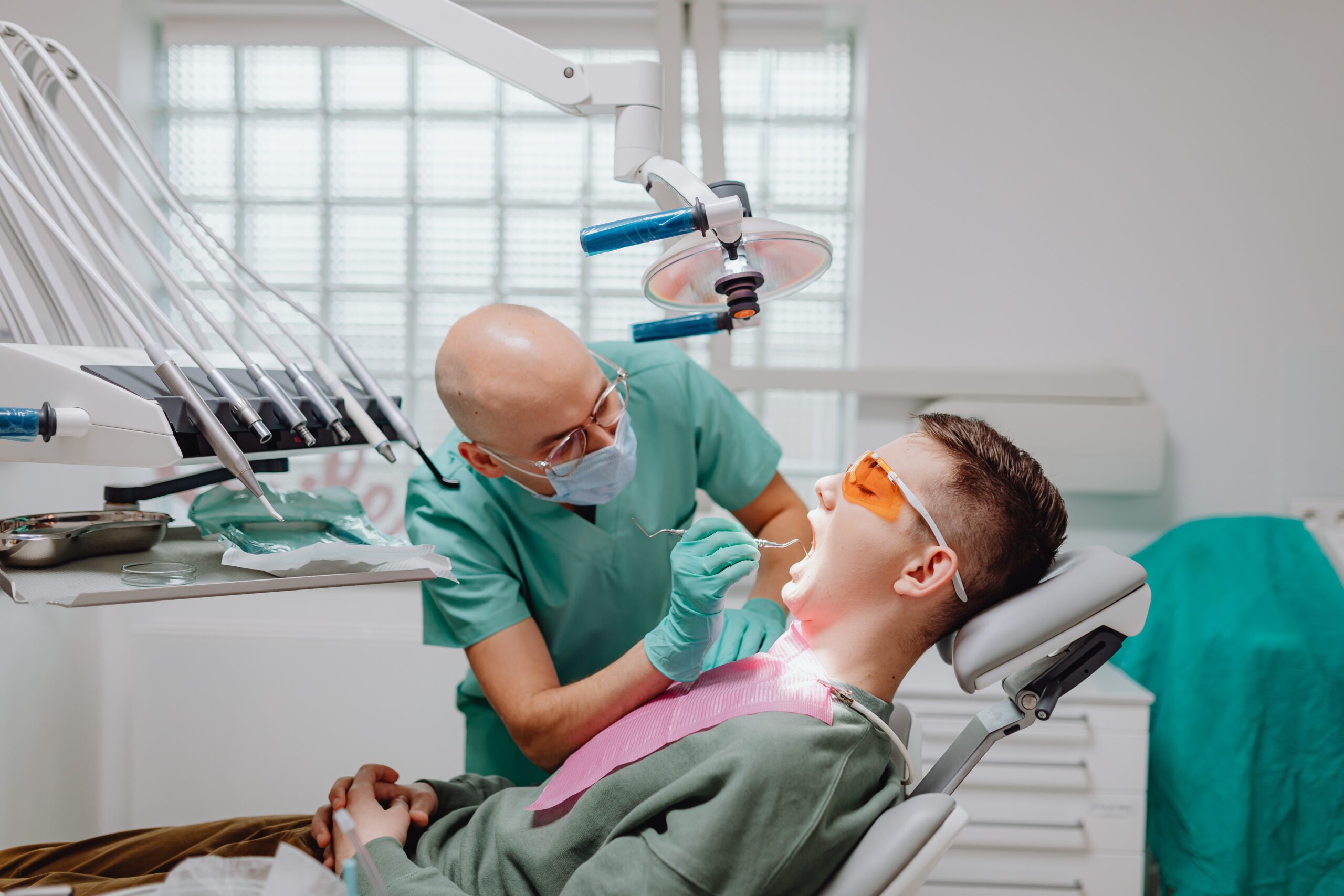Dental implants have become a popular and effective solution for replacing missing teeth. While they are commonly associated with adults, dental implants can also be a viable option for teenagers in specific situations. In this blog post, we’ll explore the circumstances under which dental implants may be appropriate for teenagers and the considerations that both parents and dental professionals should keep in mind.
When Might Dental Implants Be Considered for Teenagers?
- Congenital Tooth Agenesis: Some teenagers are born with a condition called congenital tooth agenesis, where one or more permanent teeth fail to develop. In such cases, dental implants may be considered once the jawbone has sufficiently matured.
- Traumatic Tooth Loss: Teenagers who have experienced trauma resulting in the loss of a permanent tooth or teeth may be candidates for dental implants if the jawbone is developed enough to support the implants.
- Failed Primary Teeth: Sometimes, primary (baby) teeth may not naturally fall out or are retained beyond their typical lifespan. In these cases, dental implants can replace these teeth once the jawbone is mature enough.
- Orthodontic Treatment: In some orthodontic cases, dental implants may be used to assist with treatment, such as providing anchor points for braces. This is typically done in consultation with an orthodontist and a dentist.
Important Considerations:
- Jawbone Development: One of the critical factors in determining the appropriateness of dental implants for teenagers is the stage of jawbone development. The jawbone needs to be sufficiently developed and matured to support dental implants.
- Age: While there is no specific age limit for dental implant placement, it is generally recommended for teenagers who have completed most of their growth spurts, usually around 16 to 18 years old for girls and 18 to 20 years old for boys. The timing may vary depending on individual development.
- Consultation and Evaluation: Any decision regarding dental implants for teenagers should be made in consultation with a qualified dentist or oral surgeon. They will assess the individual’s oral health, jawbone development, and overall suitability for dental implant treatment.
- Alternative Options: Dentists may explore alternative tooth replacement options for teenagers, such as removable partial dentures or bridges, depending on the specific case and the individual’s stage of development.
- Long-Term Planning: Dental implants are a long-term solution that requires commitment to proper care and maintenance. Teenagers and their parents should understand the importance of diligent oral hygiene and regular dental check-ups to ensure the longevity of dental implants.
The Dental Implant Process for Teenagers:
The process for dental implant placement in teenagers generally involves the following steps:
- Consultation: An initial consultation with a dental professional to assess the teenager’s oral health, jawbone development, and candidacy for dental implants.
- Treatment Planning: Based on the evaluation, a customized treatment plan is created, considering factors like timing, implant placement, and restoration.
- Implant Placement: Dental implants are surgically placed into the jawbone, usually under local anesthesia.
- Healing and Osseointegration: Over several months, the implants integrate with the jawbone through a process called osseointegration, ensuring stability.
- Abutment and Restoration: After osseointegration, abutments are attached to the implants, and custom restorations (crowns, bridges) are placed to complete the treatment.
In Conclusion:
Dental implants can be an appropriate solution for teenagers under certain circumstances, such as congenital tooth agenesis, traumatic tooth loss, or failed primary teeth. However, the decision should be made after a thorough evaluation by a dental professional who can assess the teenager’s oral health, jawbone development, and overall suitability for dental implant treatment.
The goal is to provide a long-lasting and aesthetically pleasing solution that supports the teenager’s oral health and self-esteem. If you believe dental implants may be a suitable option for your teenager, consult with a qualified dentist or oral surgeon to explore the possibilities and ensure the best course of action for their unique dental needs.
